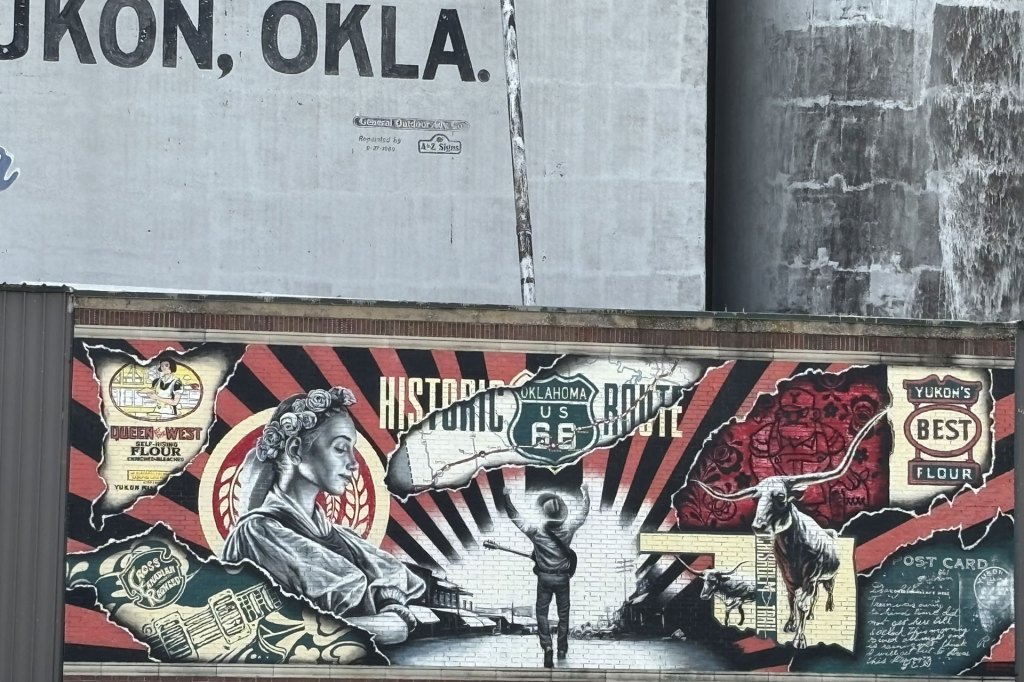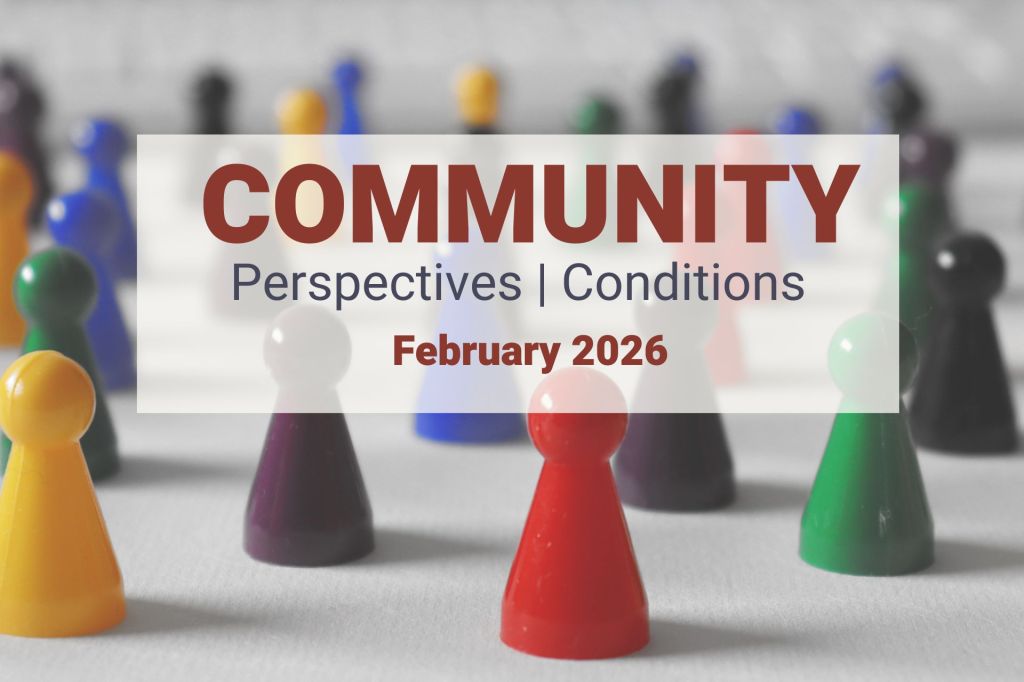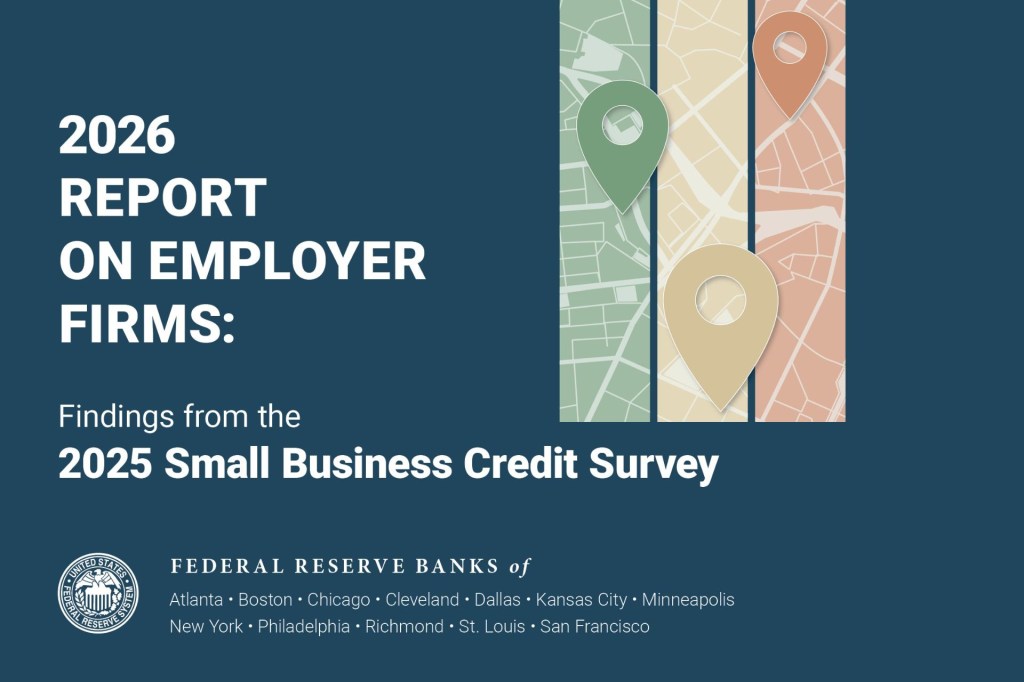-
Byways tourism builds on the unique appeal of small towns

Route-based tourism transforms often-overlooked small towns into vacation destinations. Residents rediscover their community’s unique appeal and visitors bring economic opportunity along America’s byways.
Upcoming Events

Latest news and views
Get insights from the Fed’s community development teams and their collaborators.
-

Community perspectives and conditions from the Fed’s Beige Book, February 2026
Community contacts report that rising costs for food, housing, and energy have strained low- and moderate-income communities and nonprofits, while rural hospitals face financial risks. Stable employment for some helped ease economic anxiety, contacts noted. But vulnerable groups and small businesses remained stressed under increasing costs, according to observations for the February 2026 Beige Book.
-

Key insights from the 2025 Small Business Credit Survey
The 2025 Small Business Credit Survey (SBCS) shares insights from more than 6,500 small employer firms across the US about their business performance, challenges, and credit experiences.
-

Why don’t more out-of-work people receive unemployment insurance?
Unemployment insurance can help people transition in their careers and quickly re-enter the workforce. Yet many people who lose their jobs don’t receive this benefit. Recent Federal Reserve research sheds light on the barriers limiting UI access and recipiency.
-

The financial frontier: Small business resilience in banking deserts
For small businesses in banking deserts, navigating capital access can feel like charting unfamiliar territory.
Explore data and research
From survey findings to dashboards, the Fed’s data can inform collaborative efforts between policymakers, employers, and educators.
-
 Read more →: Small business strategies for supporting employee child care needs
Read more →: Small business strategies for supporting employee child care needsSmall business strategies for supporting employee child care needs
Small businesses employ nearly half of private-sector workers but often have limited resources to offer benefits like child care. This article examines the prevalence of employer-supported child care and the practical strategies small businesses employ to support working parents.
-
 Read more →: 2025 Community Perspectives Survey: Insights from the field—Health of entities serving low- and moderate-income communities
Read more →: 2025 Community Perspectives Survey: Insights from the field—Health of entities serving low- and moderate-income communities2025 Community Perspectives Survey: Insights from the field—Health of entities serving low- and moderate-income communities
The second report from the 2025 Community Perspectives Survey highlights how LMI-serving organizations are managing demand, funding, and staffing. While many can meet community needs, challenges like resource strain and adapting to uncertainity are impacting their overall organizational health.
-
 Read more →: 2025 Community Perspectives Survey: Insights from the field—Economic conditions in low- and moderate-income communities
Read more →: 2025 Community Perspectives Survey: Insights from the field—Economic conditions in low- and moderate-income communities2025 Community Perspectives Survey: Insights from the field—Economic conditions in low- and moderate-income communities
The 2025 Community Perspectives Survey, conducted nationally by the Federal Reserve, provides an overview of economic conditions in low- and moderate-income (LMI) communities. The first report examines key findings in the areas of housing, employment, financial stability, health, education, small business and access to technology.
-
 Read more →: Fostering maximum employment: Why the Federal Reserve studies investments in America’s workforce
Read more →: Fostering maximum employment: Why the Federal Reserve studies investments in America’s workforceFostering maximum employment: Why the Federal Reserve studies investments in America’s workforce
The Federal Reserve’s dual mandate includes promoting maximum employment. This article features examples of the various ways Fed research, outreach, and partnerships contribute to achieving this optimal state of the labor market.





